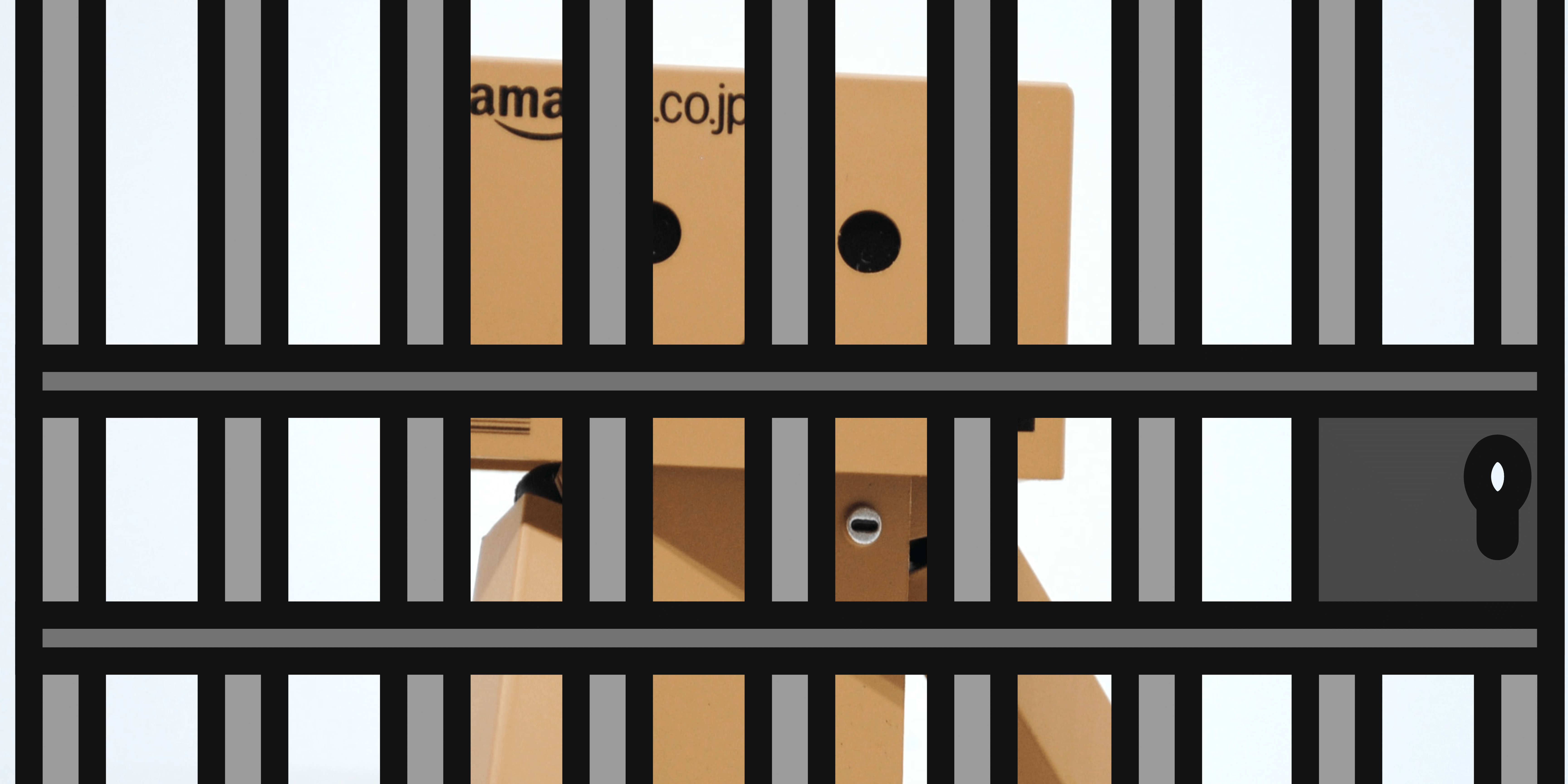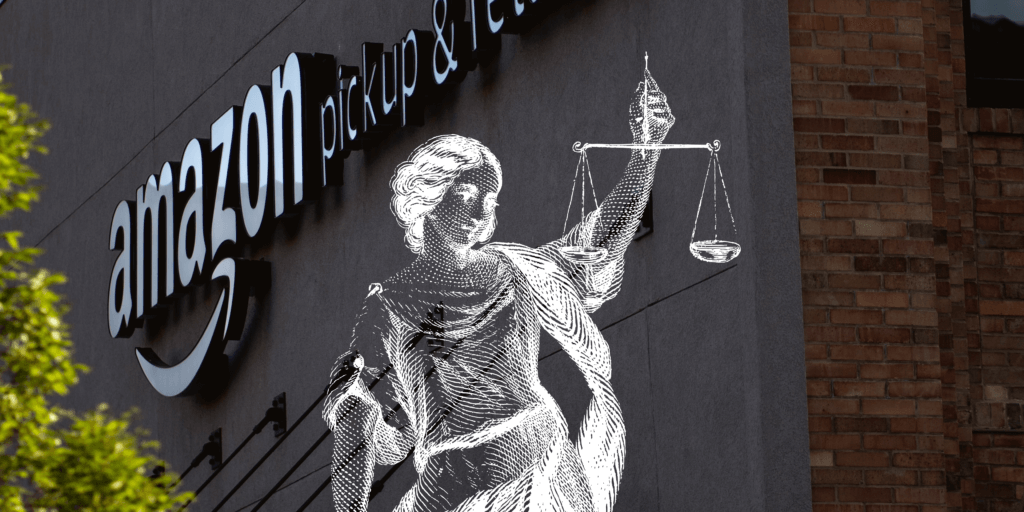FTC and 17 States Launch Landmark Monopoly Lawsuit Against Amazon

Accusations of Abusing Power and Harming Fair Competition
The Federal Trade Commission (FTC) and attorneys general from 17 U.S. states have made a decisive move against e-commerce behemoth Amazon, filing a sweeping lawsuit that alleges illegal monopolistic practices. This lawsuit, the fourth of its kind by the FTC this year, is poised to have profound implications for the future of antitrust legislation in the United States.
The Allegations
At the heart of the lawsuit is the accusation that Amazon has exploited its immense market power to the detriment of fair competition. The complaint, totaling a substantial 172 pages, outlines several key allegations:
- Forced Use of Amazon Services: The FTC and state attorneys assert that Amazon coerced third-party sellers on its platform into utilizing the company’s logistics and advertising services. Failure to comply with these demands would result in penalties such as reduced visibility on the platform.
- Price Manipulation: Amazon is accused of enforcing a policy that compels sellers to list their products at the lowest prices available on any platform, effectively restricting competition. This practice allegedly led to higher prices for consumers.
- Self-Promotion: The complaint also highlights Amazon’s preferential treatment of its own products in search results, disadvantaging third-party sellers on its marketplace.
The FTC’s Objective
While the FTC has previously indicated its desire to break up tech giants like Google and Facebook, the primary goal of this lawsuit is to secure a permanent injunction against Amazon’s alleged misconduct. Such an injunction would aim to stop Amazon from continuing these practices, without necessarily leading to the company’s breakup.
In response to the lawsuit, an Amazon spokesperson has countered that the FTC’s actions could result in increased prices and slower delivery speeds for consumers.
Lina Khan’s Role
Lina Khan, the Chair of the FTC, has been a prominent figure in the push to address antitrust concerns within the tech industry. Her journey began in 2017 when, as a law student, she authored a groundbreaking paper criticizing the inadequacy of the U.S. antitrust framework in reining in Amazon’s monopolistic practices. Since her appointment by President Biden, Khan has spearheaded the agency’s efforts to curtail the concentration of power in Big Tech, a movement often referred to as the “techlash.”
Next Steps
The lawsuit, filed in the U.S. District Court for the Western District of Washington, seeks a court order to prohibit Amazon from engaging in anticompetitive behavior. While the FTC has not explicitly stated its intention to break up Amazon, it remains open to the possibility, pending further developments in the case.
Furthermore, the lawsuit leaves room for the naming of individual executives if sufficient evidence emerges linking them to Amazon’s alleged illegal conduct.
The Broader Context
Amazon joins Google and Meta as the third major tech giant to face sweeping antitrust allegations by the U.S. government. These actions reflect a growing global sentiment of discontent with Big Tech’s dominance and its impact on competition. It is expected that the legal proceedings related to this case will extend over several years.
In a statement, Chair Khan accused Amazon of using “punitive and coercive tactics” to maintain an illegal monopoly, pledging to restore the lost promise of free and fair competition.
Amazon, however, strongly refutes these claims, contending that its practices have fostered competition, innovation, and consumer choice, ultimately benefiting consumers and small businesses.
As this landmark lawsuit unfolds, it may come to symbolize a modern iteration of the antitrust crackdowns of the early 20th century, echoing concerns over the concentration of economic power and the need for robust antitrust enforcement in the digital age.











